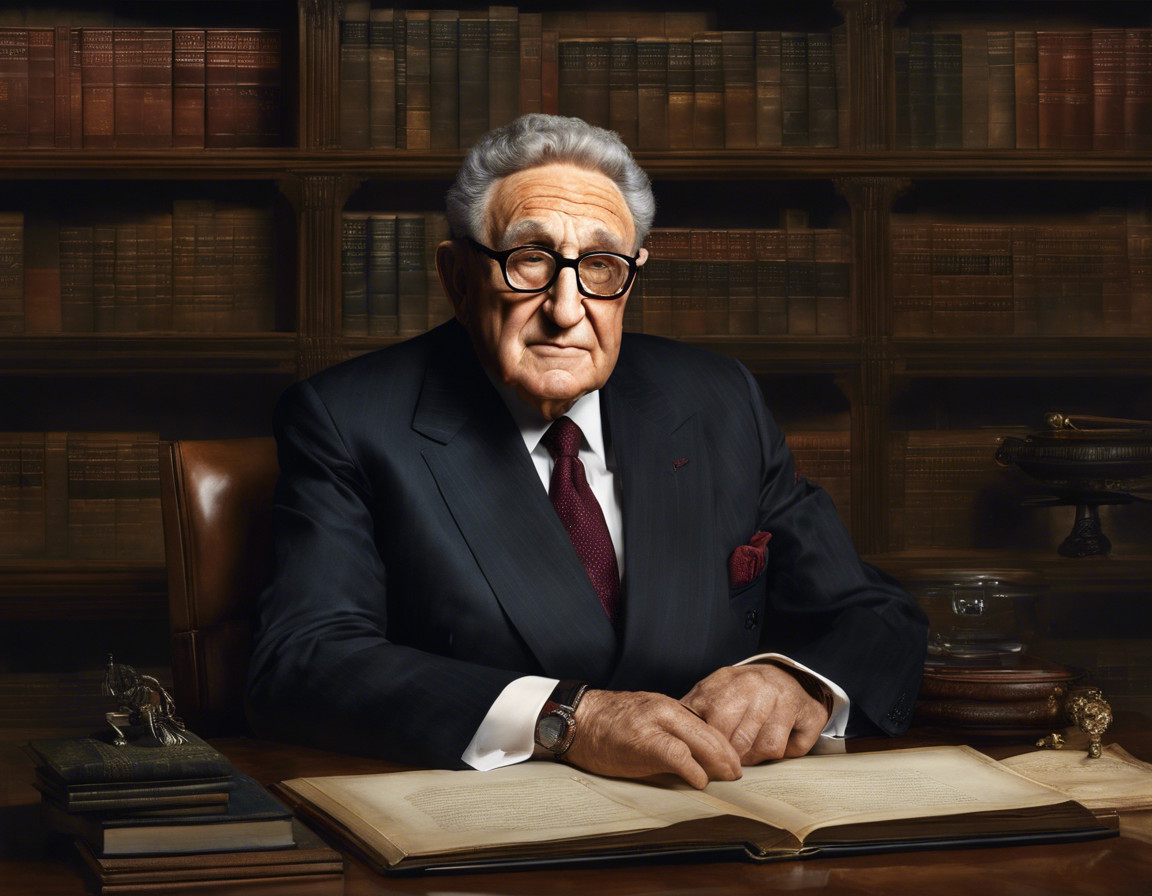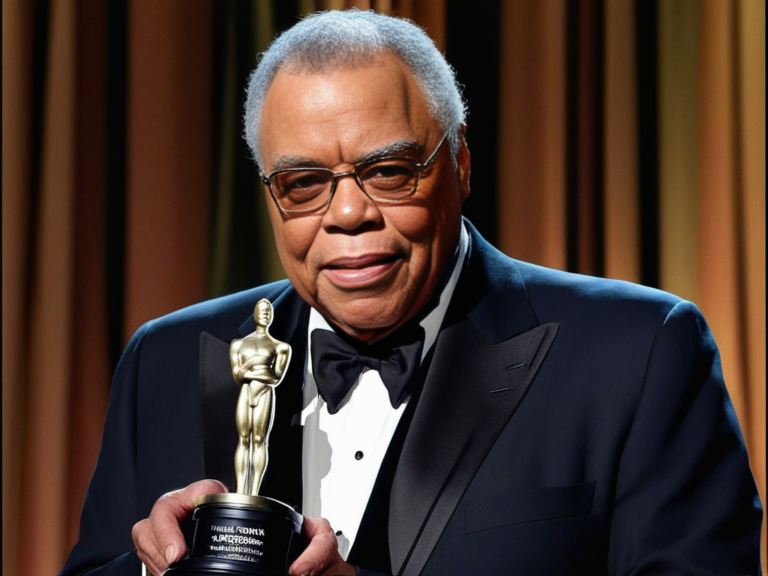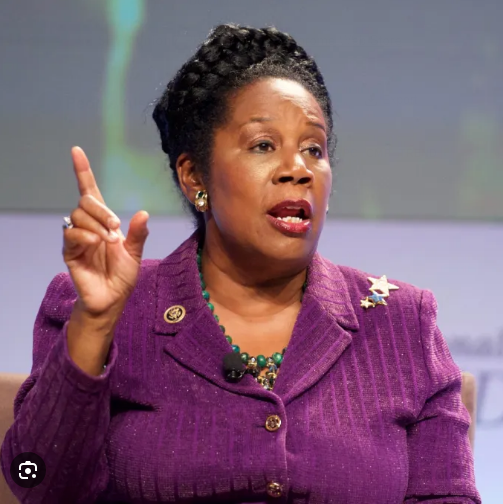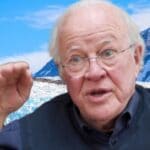Henry Kissinger, the esteemed statesman and Nobel laureate, passed away on Wednesday, November 29, 2023. With his demise, the world bids farewell to a remarkable figure whose contribution to American foreign policy remains celebrated and contested. Throughout his tenure as Secretary of State and National Security Advisor during the administrations of Presidents Richard Nixon and Gerald Ford, Kissinger undeniably shaped a generation of international relations, leaving an indelible mark on the world stage.
Born on May 27, 1923, in Fürth, Germany, Kissinger escaped from the clutches of Nazi oppression, emigrating to the United States in 1938. He immersed himself in American academics and emerged with an indomitable spirit fueled by a deep sense of justice and an unwavering belief in diplomacy’s power to foster global harmony.
Kissinger rose to prominence when he assumed the position of National Security Advisor in 1969, advising President Nixon on the Vietnam War. Often described as a realist, he believed in finding pragmatic solutions to complex issues and understanding the necessitated diplomatic compromises. This pragmatism saw him craft and execute Nixon’s policy of détente, which successfully thawed the Cold War and led to strategic arms control agreements with the Soviet Union.
His signature achievement, however, came during his role as the 56th Secretary of State, a position he held from 1973 to 1977. Kissinger spearheaded numerous diplomatic efforts, most notably the historic opening of relations with China in 1972. This groundbreaking act forever transformed the global political landscape, altering American engagement in Asia and laying the foundation for subsequent bilateral economic and cultural exchanges.
Kissinger’s efforts to further Middle East peace should be mentioned. Under his stewardship, he brokered the disengagement agreements between Israel and Egypt in 1974, after the 1973 Arab-Israeli war. These achievements marked essential stepping stones towards later peace treaties, such as the Camp David Accords, and substantially altered the region’s dynamics.
Yet, it is important to recognize the controversies surrounding Kissinger’s legacy. Critics argue that his realpolitik approach led to a disregard for human rights, notably evidenced in the CIA-backed coup in Chile that overthrew democratically elected President Salvador Allende in 1973. Moreover, his strategies during the Vietnam War resulted in unnecessary civilian casualties and generated strong public opposition.
Nevertheless, even his critics begrudgingly acknowledge that Kissinger’s diplomatic prowess was unmatched. His vision and intellectual insight enabled him to navigate complex international relations with finesse, deftly managing the triangle of relations between the United States, the Soviet Union, and China.
After leaving public office, Kissinger continued to impact global affairs, establishing himself as a prominent voice through his consulting firm and books on international relations. In 1973, he was honoured with the Nobel Peace Prize for negotiating the Paris Peace Accords, which sought to end the Vietnam War.
Henry Kissinger will be remembered as a shrewd strategist and a towering figure in the annals of American diplomacy. His legacy is one of vision, cunning, and compromise. Though not without controversy, his contributions to the global stage cannot be underestimated. As the world mourns his passing, reflecting on his significant impact on American foreign policy and the complex geopolitical landscape he helped shape is important. May his soul rest in eternal peace.







